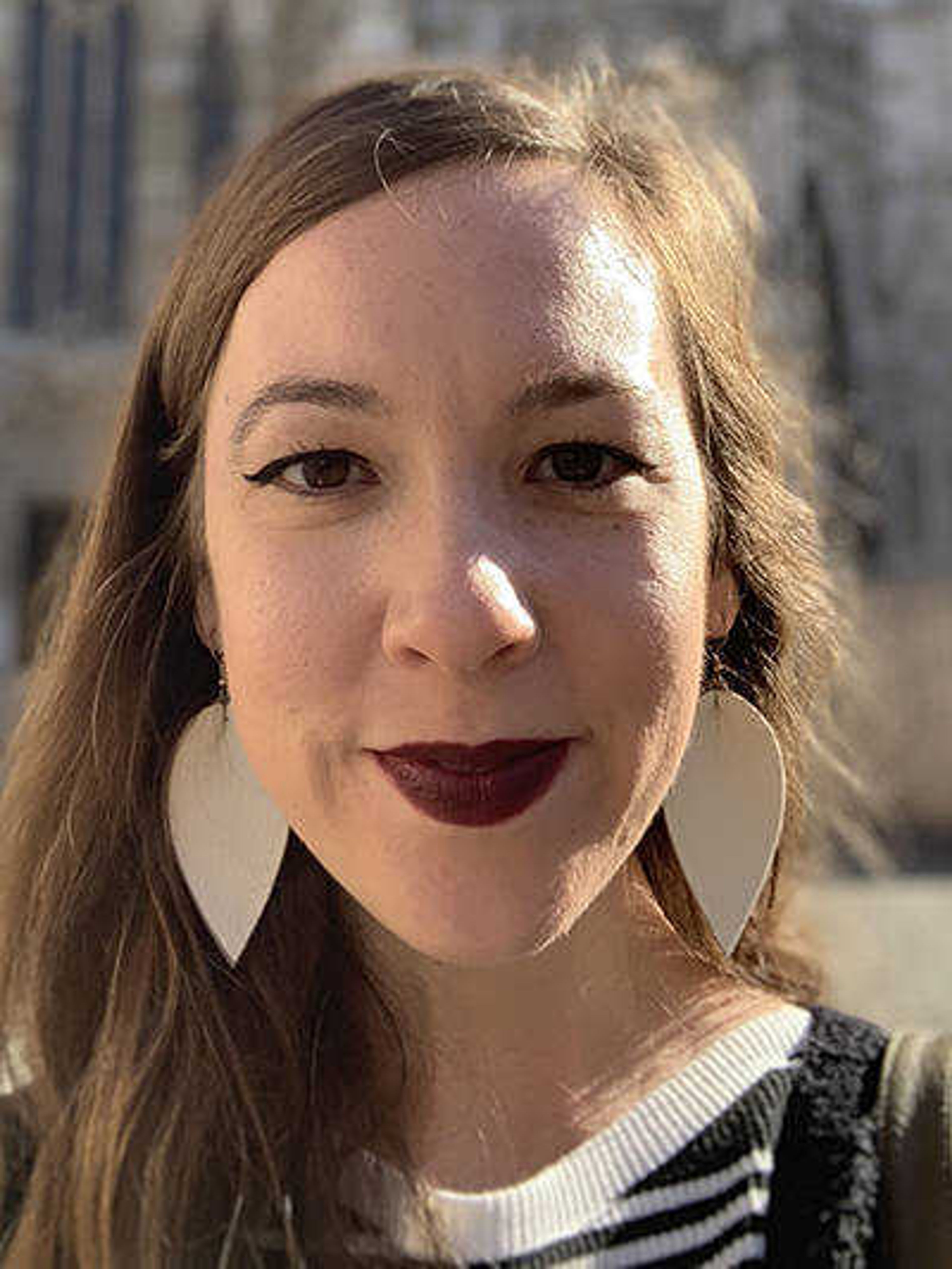Having a dialogue with people who believe differently
I recently heard someone mention that Catholics believe only Catholics will be in Heaven. This is not true. If it were, it would be a pretty sad and self-congratulatory religion to follow. Nope. Instead, what the Catholic Church teaches is so incredibly exciting: the Church teaches salvation is found through Jesus Christ -- which means Heaven is also for other Christian denominations -- and also that there are elements of truth found in all religions...
I recently heard someone mention that Catholics believe only Catholics will be in Heaven. This is not true. If it were, it would be a pretty sad and self-congratulatory religion to follow.
Nope. Instead, what the Catholic Church teaches is so incredibly exciting: the Church teaches salvation is found through Jesus Christ -- which means Heaven is also for other Christian denominations -- and also that there are elements of truth found in all religions.
The word "catholic," after all, means "universal." The Catholic Church is the universal church.
This teaching can be found in the "Declaration on the Relation of the Church to Non-Christian Religions," which was commissioned on October 28, 1965, by Pope Paul VI. After briefly discussing how Buddhism and Hinduism wrestle and make sense of the human condition -- and before briefly discussing how Islam and Judaism do so -- the document states, "Likewise, other religions found everywhere try to counter the restlessness of the human heart, each in its own manner, by proposing 'ways,' comprising teachings, rules of life and sacred rites. The Catholic Church rejects nothing that is true and holy in these religions. She regards with sincere reverence those ways of conduct and of life, those precepts and teachings which, though differing in many aspects from the ones she holds and sets forth, nonetheless often reflect a ray of that Truth which enlightens all men. Indeed, she proclaims, and ever must proclaim Christ 'the way, the truth and the life' (John 14:6), in whom men may find the fullness of religious life, in whom God has reconciled all things to Himself."
To summarize: the fullness of the truth, the Church teaches, is found in the Catholic Church, but elements of truth about our search for God are found in all religions -- and, I might add, Christian denominations. We are not the judge of who will be in Heaven; God is. And God created and loves all people deeply. It is this same deep love for all people in which we get to participate.
I think, as a general rule, when we're talking or teaching about a religion or denomination we're unfamiliar with -- or even when we're talking or teaching about our own -- it is good to go to the primary source text of that religion or denomination and study it for ourself, rather than relying on what we've heard from others or what we assume for ourselves. If we want to enter into open, loving, honest dialogue with one another about our similarities and differences, we have to respect the other worldview enough to give it our time and effort. It is from there we can begin to heal rifts and divisions in our own hearts, as well as between Christian denominations and other religions.
If you want to know anything about Roman Catholicism, the Church has a book called the Catechism of the Catholic Church, which can be found online at usccb.org, that contains every teaching of the Catholic Church. It's a handy reference to be used in conjunction with Scripture.
The "Declaration on the Relation of the Church to Non-Christian Religions" is a cool document and proclaims a beautiful teaching. Don't take my word for it, though; take 10 minutes today to Google it and read it for yourself.
Connect with the Southeast Missourian Newsroom:
For corrections to this story or other insights for the editor, click here. To submit a letter to the editor, click here. To learn about the Southeast Missourian’s AI Policy, click here.










